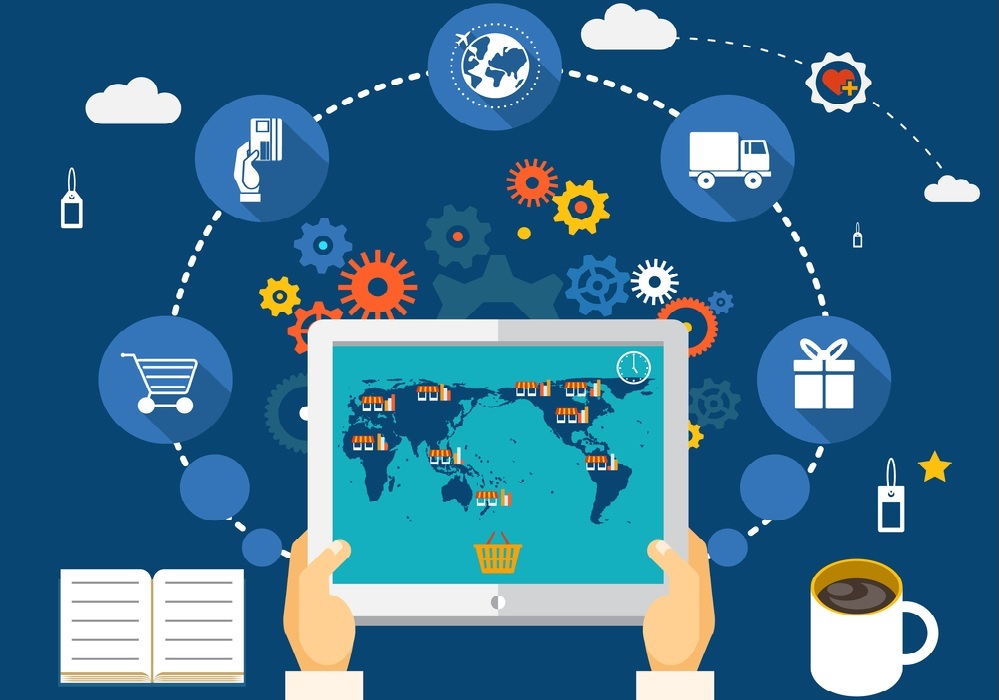Supply chains put at risk due to ongoing trucker protests
Concerns are growing as the protests led by Canadian truckers continue on the American border. The demonstrations that are being staged against Covid-19 mandates risk damage to already fragile supply chains. The U.S. President and the Canadian Prime Minister are in agreement that travel and commerce are experiencing “significant direct impacts”, as said by the White House.
Biden has expressed his fear that American companies are “experiencing slowdowns” due to the events. The New York Times have confirmed this, by saying that “Ford, G.M., Honda and Toyota have curtailed manufacturing in the U.S. and Canada in recent days.” The two countries exchange $140 million worth of cars and parts every day, so resolving the disruptions is key.
In an effort to reduce the impact of the protests on supply chains, Canadian Prime Minister Trudeau “promised quick action in enforcing the law” in a discussion, the White House said in a statement. Businesses are being urged to rethink their strategies to avoid issues. Joe Ryan, Director of Intelligence and Response at Overhaul has recommended that businesses “begin taking the necessary steps to ensure drivers and cargo alike remain safe.”
Interested in reading more? Click here
U.S.-Mexico dispute threatens avocado shortage
The United States has reported to have shut down imports of avocados from Mexico’s top producing region due to an inspector receiving a threatening phone call. The exact details are unclear, but the Mexican President Andreas Manuel Lopez Obrador has not reacted well to the U.S. action. He believes that there are political and economic reasons why the Mexican avocados are not wanted in the U.S. market.
The ban on avocados from Michoacán, a Mexican coastal state, went into effect on February 11, with the U.S. Department of Agriculture confirming its actions this week. U.S. consumers are concerned about the halting of imports, as Mexico accounts for 80% of the country’s market, and it is only a matter of time before these actions will impact supplies and drive up prices.
Mission Produce, the largest distributor of the fruit in the United States has said that the company is doing all it can to “mitigate the impact as much as possible”, including sourcing the goods from around the world. This could be problematic, as JPMorgan Chase & Co. reported that there is a lack of global supply, which is unable to compensate for an inability to ship Mexican avocados in the U.S.
Click here to read more
Honda forced to allocate chips carefully amid supply chain challenges
Japanese automaker Honda had to allocate semiconductors, crucial components for vehicles, to its most in-demand and highly profitable cars due to flooding in Malaysia last quarter. Alongside this, the spread of the Omicron variant of Covid-19 restricted production for the company. Its North American lines particularly struggled with staffing issues during the crisis.
According to Kohei Takeuchi, director and senior managing executive officer of Honda, the company has to prioritize the regions as well as the products where demand and profitability is the highest for chips. He said that “We, globally, across the world, try to adjust the production based on the available semiconductors.” As a solution, Honda is also negotiating with suppliers to get whatever chips it can.
The semiconductor shortage meant that the automaker’s production slowed significantly, and as a result, it has reduced its 2022 fiscal year forecast from 5 million to 800,000 vehicles, according to Seiji Kuraishi, director, executive vice president and representative executive officer of Honda. He mentioned that there will certainly “impacts lingering” for the rest of the year.
Read more here

